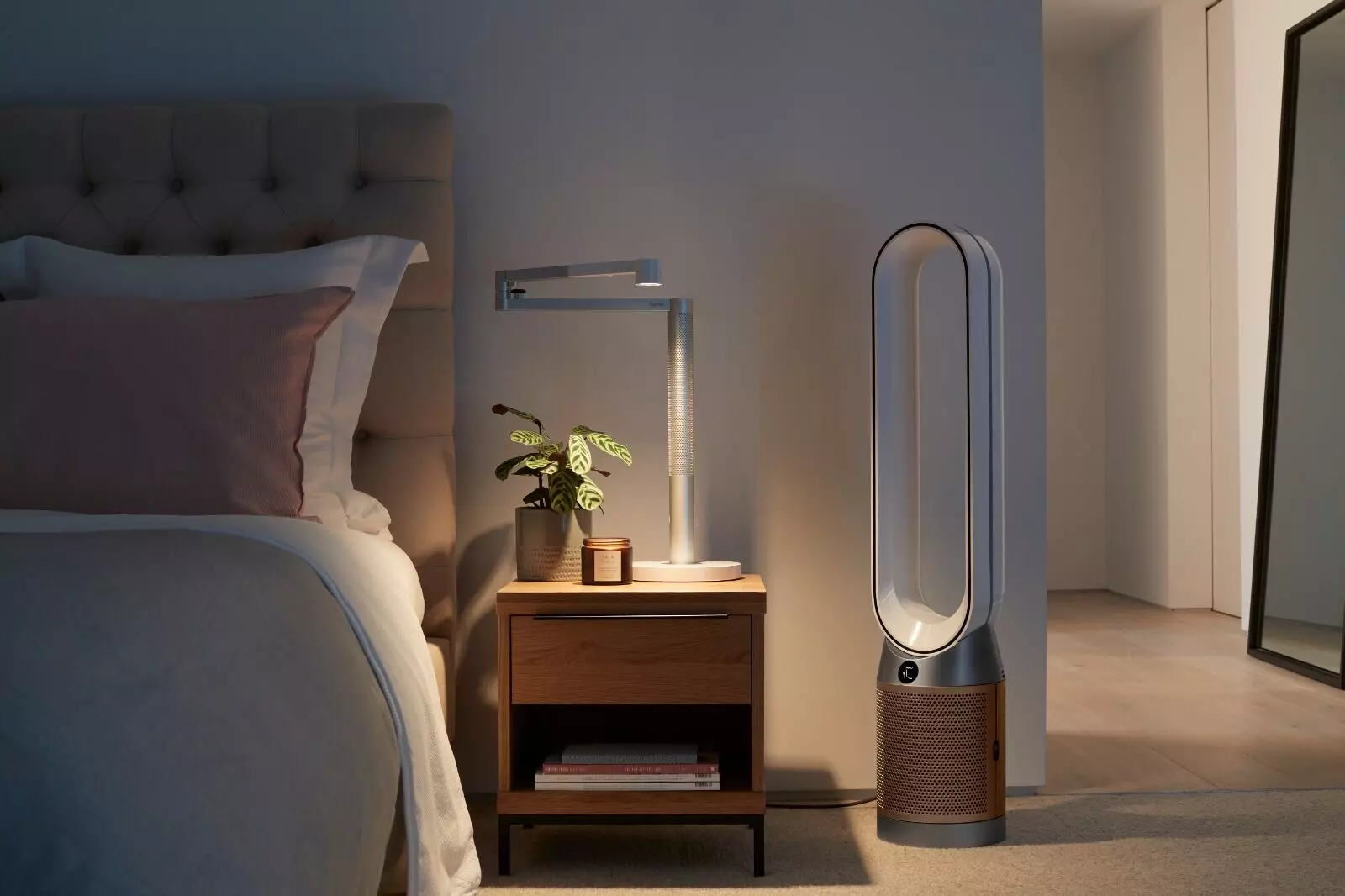AQI at an all-time high, but it is even worse inside your homes; Act now!

Ginger Lee, Senior Electronics Engineer, Dyson says that indoor pollution can be up to 10 times worse than outdoor air pollution.
In recent times, major cities in Northern India, including Delhi, have been grappling with a severe air pollution crisis. According to the list of the top 10 most polluted cities in India, with Delhi claiming the unfortunate top spot followed by Rajasthan, Uttar Pradesh, and Bihar. A study published in the BMJ reveals that outdoor air pollution is responsible for a staggering 2.18 million deaths annually in India, making it the second-highest contributor globally, following China.
The Air Quality Index (AQI) of Delhi and Mumbai has recently plummeted into the "severe" category, with readings exceeding 350 and 100, respectively. These figures far exceed the recommended AQI range of 0-50 and the satisfactory range of 50-100. Shockingly, exposure to PM2.5, a common air pollutant, is linked to a five-year reduction in the average Indian's life expectancy, as reported by the Air Quality Life Index.
Disturbingly, emerging research highlights the direct correlation between air pollution and adverse effects on human health. A study from Arizona's Barrow Neurological Institute indicates a 56 percent higher risk of developing Parkinson's disease due to air pollution.
Are you safe from the harmful pollutants inside your home?
We can see that the AQI outside is extremely high and the first solution we think of is to stay indoors. When sealing our windows and doors, it may seem like we’re shutting pollution out. But in truth, we’re shutting it in. Not only the outdoor pollutants such as vehicle exhaust fumes, pollen and mould spores, enter our indoor spaces, but there are various sources from inside our homes which can react with outdoor pollutants, creating a complex cocktail of dirty air. Indoor pollution can be up to 10 times worse than outdoor air pollution.
Ginger Lee, SeniorElectronics Engineer, Dysonshares with The Hans India, more about common household pollutants and suggestions of how they can be reduced in a home.
Cooking: Burning fuels such as gas or oil can release VOCs, as well as tiny particulates called PM2.5, which are emitted during combustion. Despite the pleasant smells coming from the kitchen, it’s possible that, as a result, the air contains some of these unwanted pollutants.
Cleaning: It is a cruel juxtaposition that when we clean our homes, we can simultaneously be dirtying the air that we breathe. VOCs from fragrances used in cleaning products evaporate into the air at room temperature, forming vapours we can breathe in.
Painting& home improvements: Many houses undergo a makeover to host gatherings for family and friends during the festive and New Year time. But that smell of fresh paint or new furniture can be a sign of VOCs like Benzene and Formaldehyde, which can linger in theair. To help lower your exposure, look for paints that are low in VOCs, whichare often quick-drying, water-based or low-odour options. Using a purifier will also help the pollutants clear more quickly and may reduce your overall exposure.
Self-Care: Self-care sessions can offer some much-needed respite from the monotony of life in lockdown but products that make our homes smell better can often have a negative impact on air quality. Scented candles release VOCs into the atmosphere, with the burning of wax emitting some of the same chemicals found in diesel fuel emissions. Personal care products such as hair spray, lotions and perfume may also be offenders, as they can emit pollutant gases into the air of your home.
The need to invest in an Air purifier
Investing in an air purifier is one of the most effective ways to remove a wide range of pollutants from the air. You should look at the following technologies and features while buying an air purifier:
- Advanced filtration technologies, such as HEPA filters and carbon filters: These filters can remove a wide range of other pollutants from the air, including dust, pollen, pet dander, smoke, and VOCs. Choose an air purifier which offers full-machineHEPA filtration- ensuring that what goes inside, stays inside. The formaldehyde sensing and cooling airflow maintain air quality within your home all year round.
- Ability to remove fine and ultra-fine particles: While PM2.5 is the commonly mentioned particle size – which is prevalent in India, particles unfortunately, do not stop at 2.5 microns. PM0.1 particles, also known as ultra-fine particles, tend to penetrate the fine sacs in our lungs (also known as alveoli) and may even enter our bloodstream easily.
- Area of coverage and ability to circulate air: To gauge the scale of your needs, measure the approximate length, width and height of your room, and multiply them together to obtain the amount of coverage you require. Dyson recently launched its latest air purification technology - The Dyson PurifierBig+Quiet, designed to purify the air in spaces as large as 1000 sq. ft. It uses ConeAerodynamics to deliver a 10-meter projection. Alongside powerful projection, it is also engineered to operate quietly, producing just 56 decibels of noise -making it Dyson’s quietest yet most powerful purifier.
With the rising AQI, it is crucial to be mindful of the potential impact of indoor air pollution on our health. By taking steps to reduce our exposure to common household pollutants, you can improve indoor air quality and protect your health, especially at this time when air pollution levels tend to be higher.








